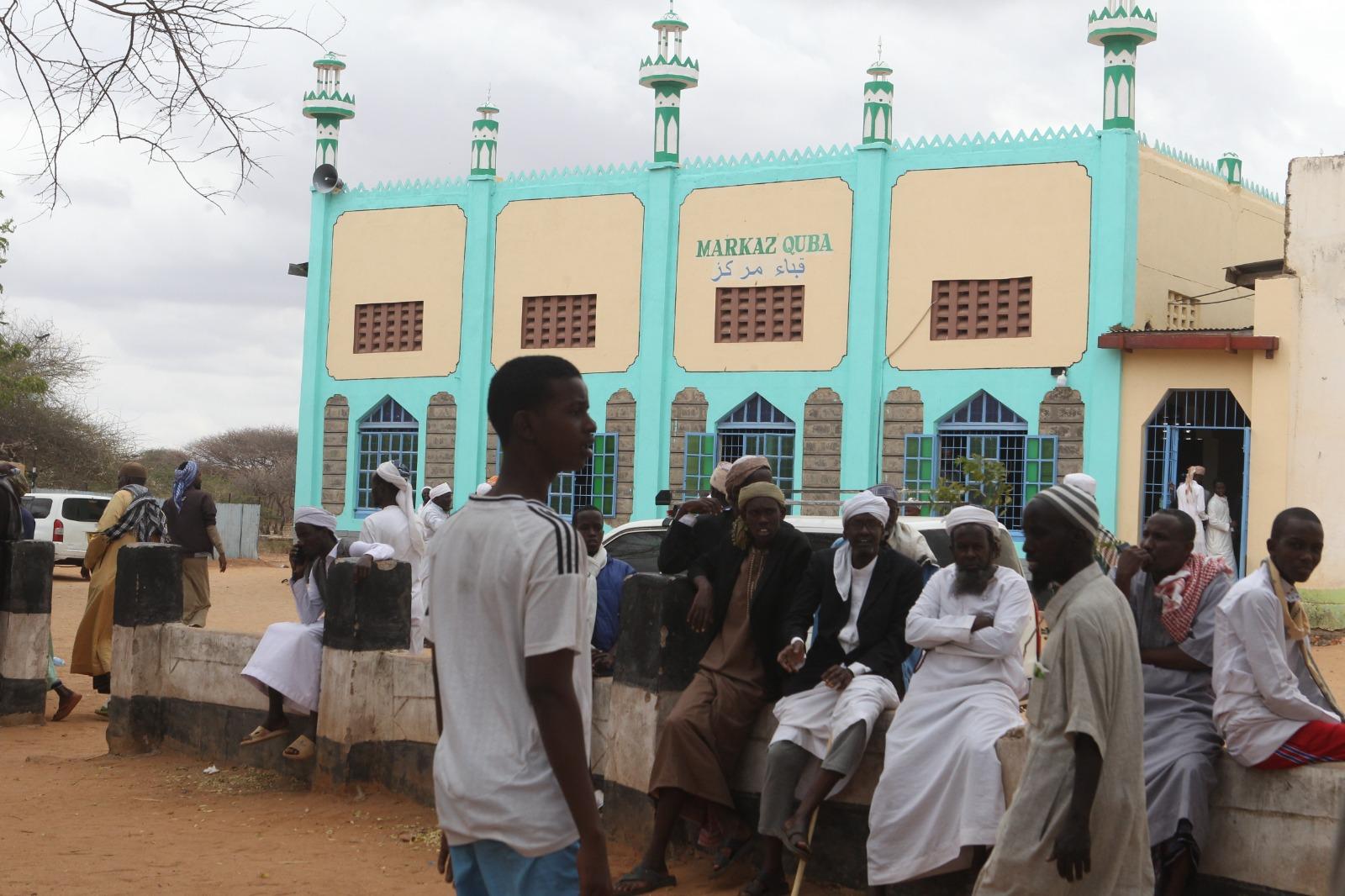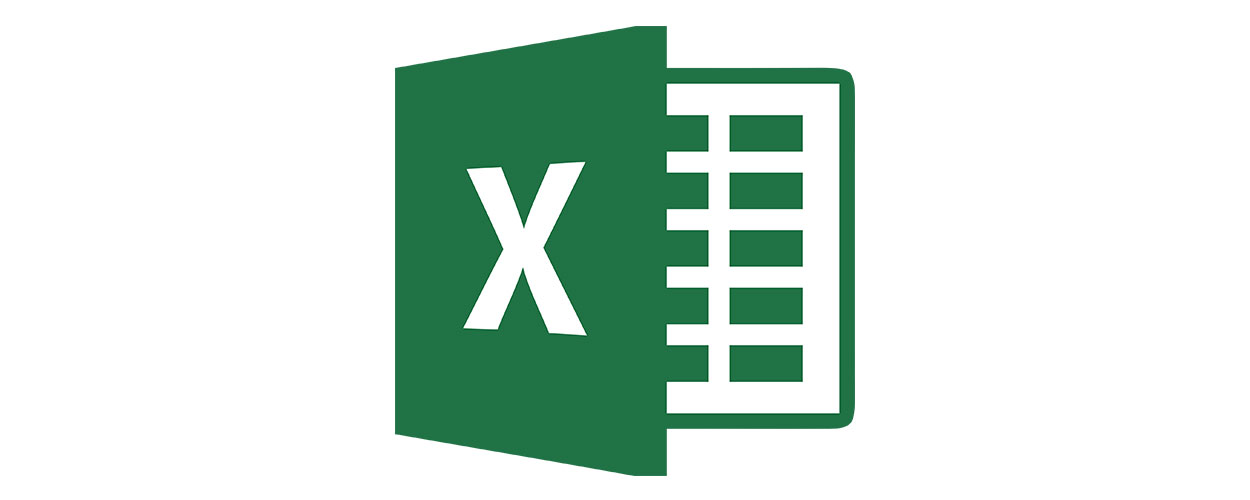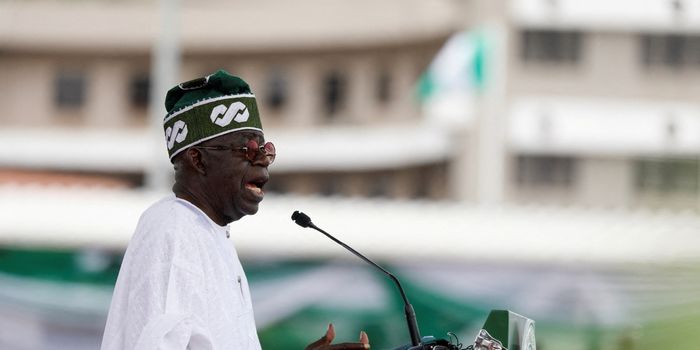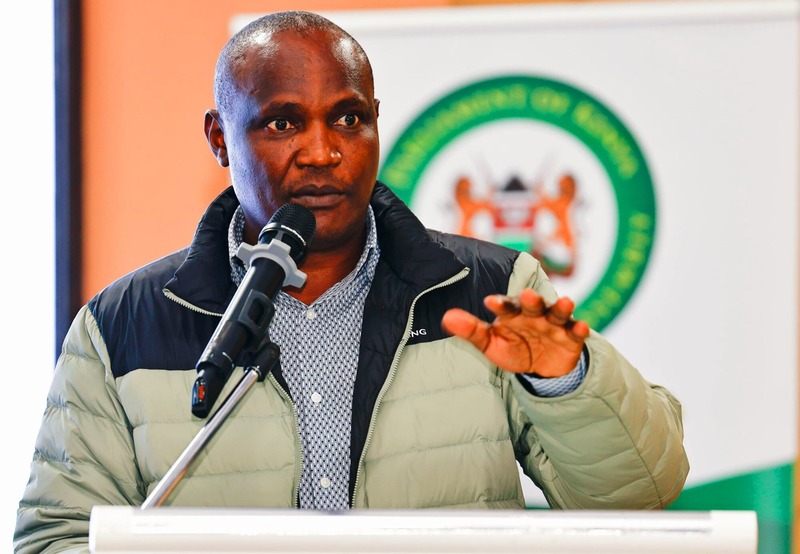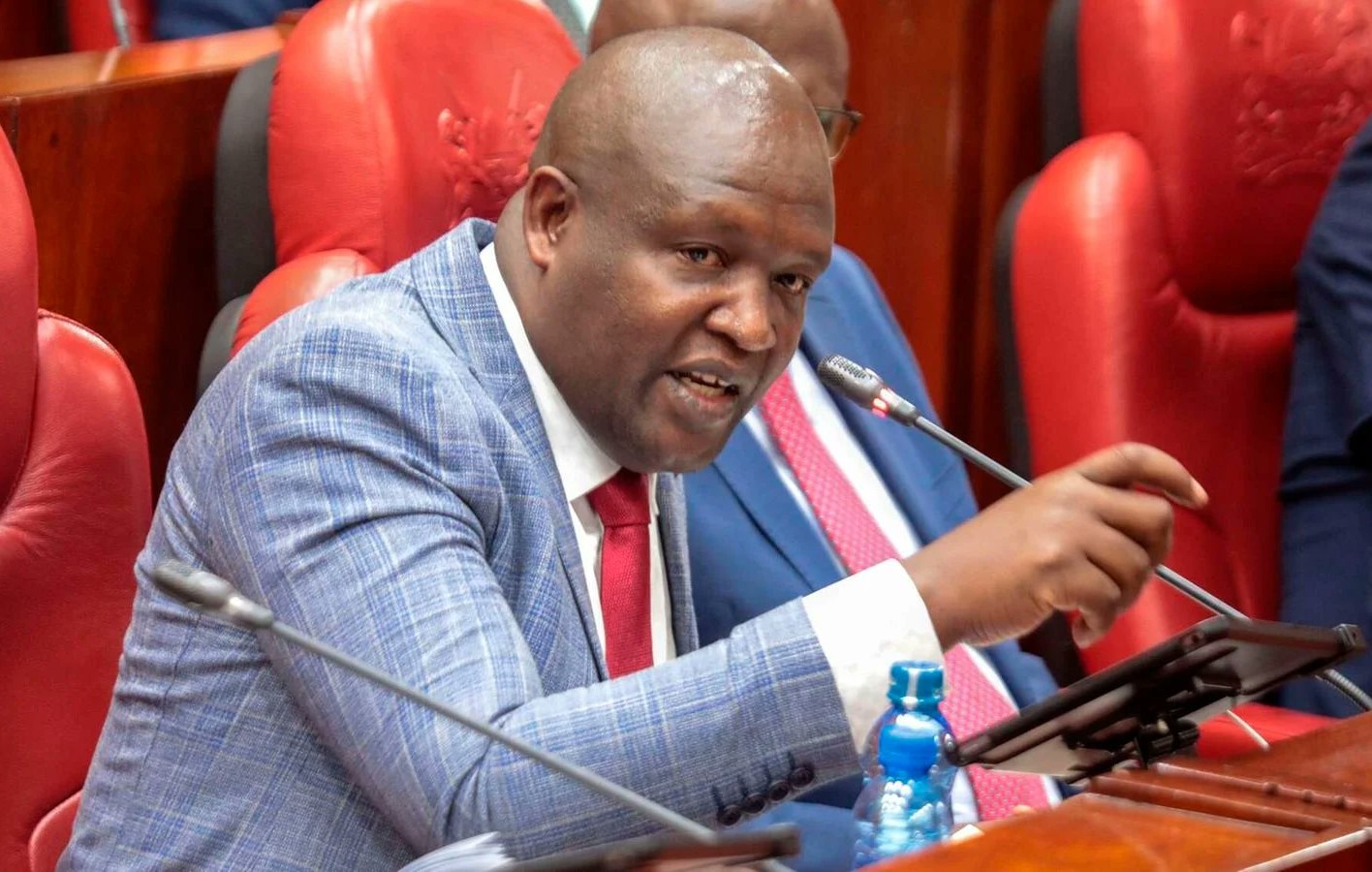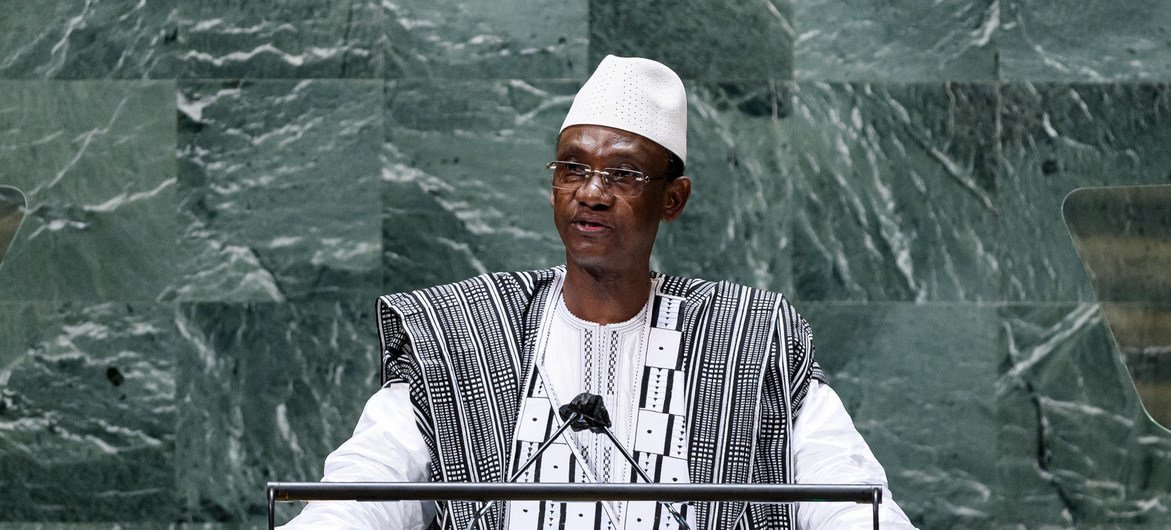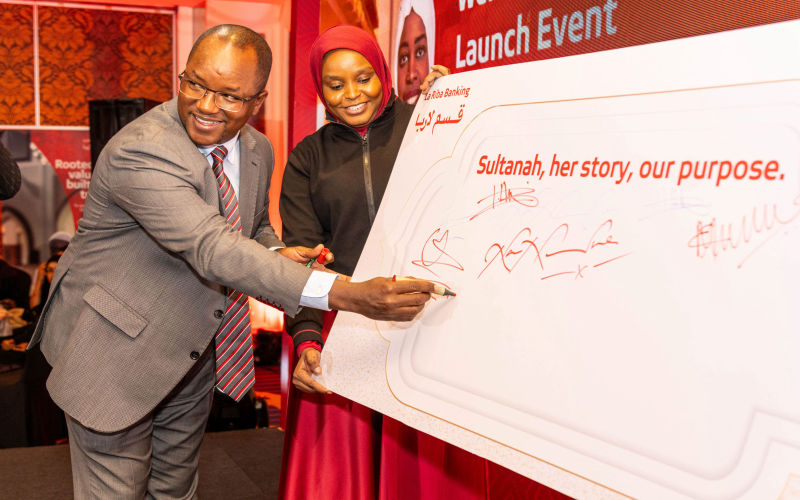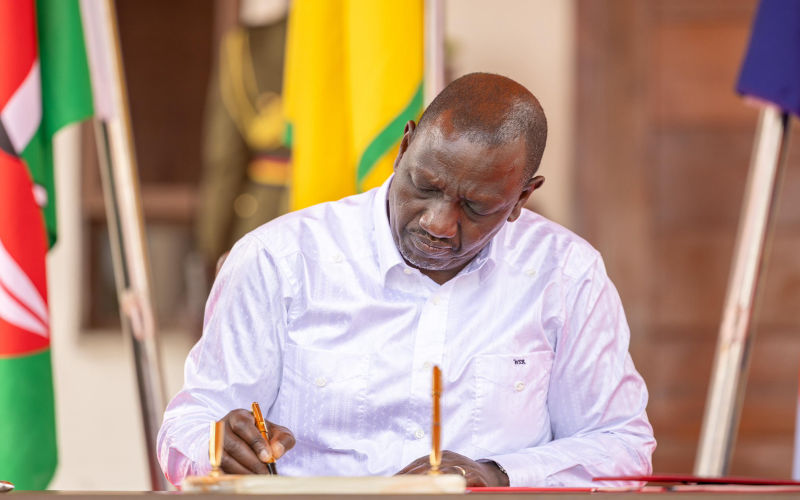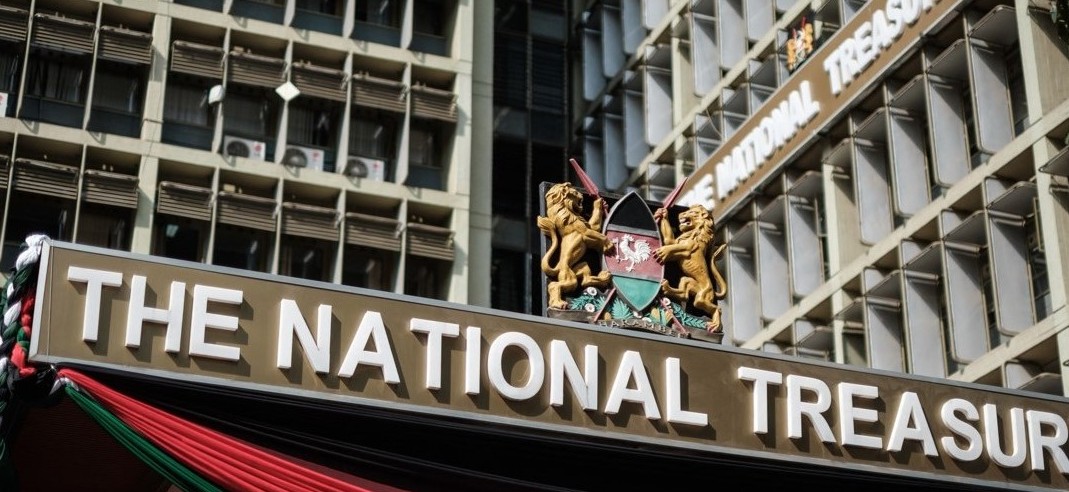Mauritius suspends social media until after election amid wiretapping scandal

Some 20 conversations involving politicians, police, lawyers, journalists and members of civil society have been leaked on social media.
Mauritius's communications regulator ordered all internet service providers to suspend access to social media platforms from Friday to November 11, a day after the upcoming general election, as the country reels from a wiretapping scandal.
Some 20 conversations involving politicians, police, lawyers, journalists and members of civil society have been leaked on social media since mid-October, media watchdog Reporters Without Borders says.
More To Read
- Wildlife at risk: TikTok sellers caught peddling endangered species in West Africa
- Online attacks against judges threaten judicial independence, CJ Koome warns
- Lamu man jailed for defamatory social media posts
- New Instagram update adds reposts feed, friends tab and Snapchat-style private sharing
- Over one-third of Kenyans spend over six hours daily on social media, GeoPoll survey finds
- Study links early smartphone use to severe mental health outcomes in young adults
The Information and Communication Technologies Authority said the temporary social media ban was in response to "illegal postings".
The Prime Minister's office said the restriction was necessary to preserve the national security and integrity of the country, following the publication of "certain" audio clips.
"A crisis committee is currently meeting to contain the existing risks as soon as possible," the office of Prime Minister Pravind Kumar Jugnauth said in a statement.
EMTEL, one of the three telecoms operators in the Indian Ocean country, said it was in the process of implementing the directive and that "the user experience will be progressively disrupted."
In the Nov. 10 election, Jugnauth is looking to hold onto his Militant Socialist Movement (MSM) party's majority in parliament and give himself another five years in office.
Jugnauth and the police have previously claimed the leaked calls were manipulated using artificial intelligence.
In a joint statement two civil society groups, the Internet Governance Forum and the Internet Society, said the dangers of shutting down the internet far outweighed any perceived benefits.
"Curtailing access to digital platforms would not only stifle democratic processes but also harm the economy, disrupt businesses, and restrict access to essential information and services," the groups wrote.
Jugnauth first became prime minister in 2017, when his father stepped down from the post.
Last year a British court sitting as the final court of appeal for Mauritius upheld Jugnauth's 2019 election win, rejecting an appeal by an opposition candidate who alleged it had been obtained through bribery and undue influence.
Top Stories Today
- Watch: Senate hears impeachment charges against Kericho Governor Erick Mutai
- Absa launches women-only Islamic bank account to spur financial inclusion
- Job prospects dim despite business optimism, CBK survey shows
- Nigeria to impose retaliatory visa rules in response to US social media requirement
- Murang’a Seal FC parts ways with head coach Yusuf Chipo
- NTSA to conduct free school bus inspections in new campaign to curb accidents


